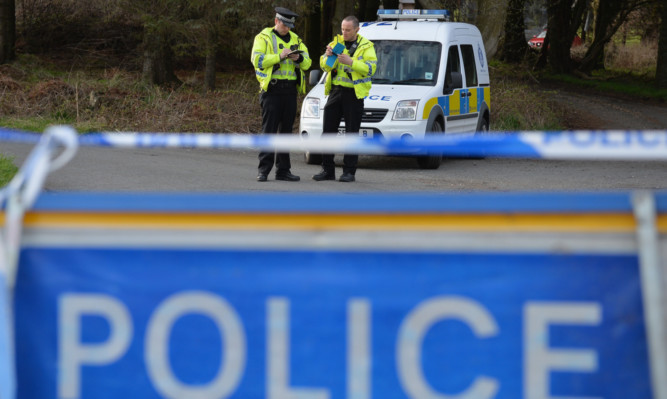Police Scotland’s new system for recording assaults could burden officers with bureaucracy, a Fife councillor has warned.
Injuries previously treated as minor are now treated as serious by police if the victim is left with a scar. Under the new system, a cut to the hand could be enough to merit a serious assault.
Margaret Kennedy, who chairs Fife Council’s safer communities committee, said it could result in officers spending a disproportionate amount of time on minor incidents.
“I’m thinking about the resources of that, because that’s huge,” she said.
“It could be disproportionate.
“This is something I would want to be taken back to the national discussion because we can’t be the only people who are concerned about that.
“I totally respect the fact that any damage, even when healed, remains a reminder of whatever the attack was.
“But as a nurse, I’m thinking a cut to the hand when healed, really?”
Superintendent Dougie Milton dismissed the suggestion it was putting disproportionate pressure on resources.
“The only resource is contacting NHS to establish if they have a scar,” he said.
“It could be a cut to the hand. If that results in permanent scarring, that’s recorded as a serious assault.
“If somebody has an injury which is or may result in disfigurement, that now goes through as a serious assault.”
The change to how assaults are recorded was reflected in Fife’s crime figures for April to July this year.
A Police Scotland report to the committee indicated that serious assaults were up from 44 to 63 compared to the same period last year .
The report stated: “We have seen a significant increase in numbers of recorded serious assaults occurring in Fife during the reported period.
“It should be noted that the definition of serious assault is now more wide ranging and includes injuries which would previously have been recorded as minor.”
Police Scotland said 60% of incidents were between people who knew each other and alcohol was a common contributing factor.
“In addition, charges for domestic serious assault have increased from three to eight against last year,” a spokesman said.
“We continue to focus on crimes of violence as a key policing priority.
“This includes efforts to prevent and detect serious assaults and robberies in both public and private locations, as well as the ongoing drive to prevent and detect domestic abuse.”
